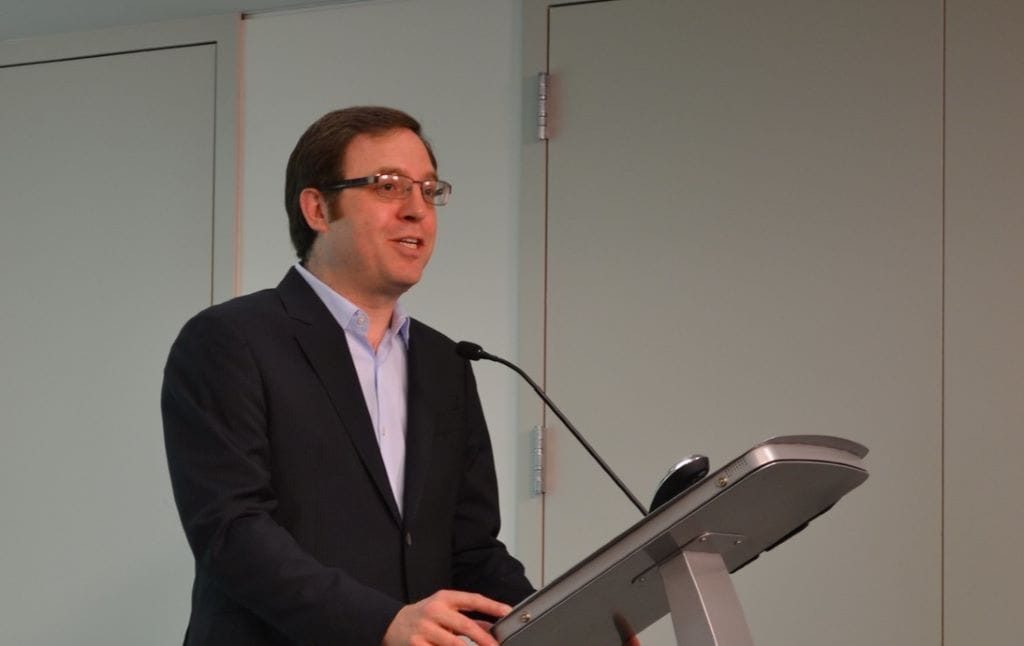$10M Broadband for Minority Colleges, FCC Proposes RDOF Penalties, Midwest Gets a Fiber Investor
The money will go toward internet access, equipment, and to hire and train information technology personnel.

July 25, 2022 – The National Telecommunications and Information Administration announced Friday $10 million in five grants that will go to minority-serving colleges and universities.
The money, which according to a release will be used “to fund internet access, equipment, and to hire and train information technology personnel” in the schools, comes from the Connecting Minority Communities Pilot Program and will go toward historically Black colleges and universities, tribal colleges and universities, Hispanic serving institutions and minority-serving institutions.
“America’s minority serving colleges and universities are bedrock learning centers that have too often been left behind when it comes to accessing affordable high-speed internet,” said Deputy Secretary of Commerce Don Graves in a news release.
“The Connecting Minority Communities Pilot Program enables these institutions to be a resource for access, digital skills training, and workforce development programs for students and the community to help level the economic playing field,” Graves added.
The news release states that additional awards will be announced on a rolling basis, as the “NTIA is continuing to review more than 200 applications” submitted on December 1, 2021.
FCC proposes $4.3M in fines against 73 RDOF applicants for defaults
The Federal Communications Commission proposed Friday $4.3 million in fines against 73 Rural Digital Opportunity Fund applicants who defaulted on bids in an apparent violation of FCC rules.
Since the winning bids were announced in December 2020, the agency – under new chair Jessica Rosenworcel – has been reviewing those bids on suspicion that it could lead to some of the $9.2 billion going to areas already served with adequate internet infrastructure or areas that don’t need it. The agency last year sent letters to some of the winning bidders asking them to review those areas and offered them the opportunity to default with a possibility to do so without penalty.
While the agency said it found good cause to waive the penalty for some bidders, the agency said in a Friday news release that it is proposing fining 73 of those applicants for violations on their defaults. “The bid defaults prevented 1,702 census block groups with 129,909 estimated locations in 36 states from seeing timely new investments in broadband infrastructure,” the agency said.
“The applicants defaulted on their respective bids by withdrawing applications in certain areas or failing to meet the deadlines and requirements required in the auction rules,” the FCC added.
Oak Hill commits $250M to Omni Fiber to expand broadband access in underserved towns across the Midwest
Also on Friday, private equity firm Oak Hill Capital announced its new partnership with Omni Fiber, an Ohio-based Fiber provider, to accelerate the deployment of fiber-based broadband to underserved areas in the Midwest.
Oak Hill is giving $250 million to Omni Fiber to fund construction for fiber, TV, internet and phone services to homes and businesses across Ohio, Pennsylvania, and Michigan.
“With Oak Hill’s investment in the company, Omni will not need to rely on grants or subsidies from federal, state, or local governments to build its network,” and can provide symmetrical speeds up to 2 Gbps to small and mid-sized towns in the Midwest, the press release states.
“Oak Hill’s investment will spur our growth to help bridge the digital divide and establish competitive choice by providing hundreds of thousands of households access to our future-proof, 100% fiber-optic network,” said Omni Fiber CEO Darrick Zucco.
“We believe that reliable, high-speed access to the Internet represents a fundamental catalyst for economic growth and equal opportunity for all Americans, from small towns to big cities,” added Oak Hill Partner Scott Baker.










